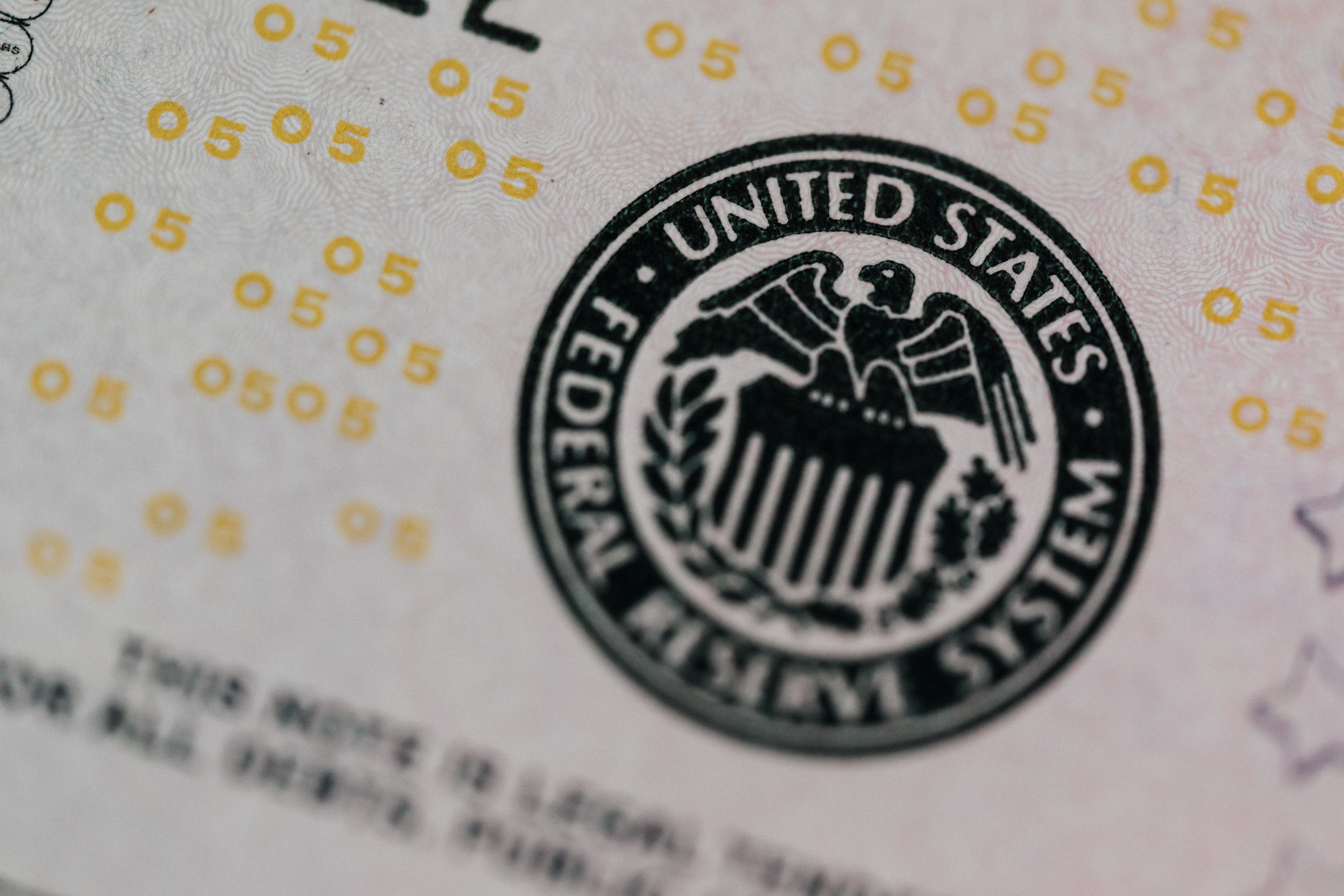Living in the United States can be expensive, but with a few simple tips, you can make your money go further. Here are some effective ways to save money and improve your financial situation.
In today's fast-paced world, managing personal finances is essential for achieving financial stability and securing a prosperous future. By implementing smart money-saving strategies, you can make the most of your income and build a strong foundation for long-term financial success. In this article, we will delve deeper into the previously mentioned tips and explore additional ways to save money and optimize your budget.

Create a detailed budget: To gain control over your finances, it's crucial to create a comprehensive budget that outlines your income and expenses. Start by tracking your spending habits for a month to understand where your money is going. Categorize your expenses, such as housing, utilities, transportation, groceries, entertainment, and savings. Analyze your spending patterns and identify areas where you can cut back on unnecessary expenses. Set realistic financial goals and allocate a portion of your income towards savings or debt repayment.
Shop smart and embrace frugality: While shopping is a necessity, being a smart shopper can significantly impact your savings. Look for sales, discounts, and promotions when purchasing groceries, clothing, and other essentials. Utilize coupons and loyalty programs, and consider buying in bulk for items with longer shelf lives. Before making a purchase, compare prices at different stores or online platforms to ensure you're getting the best deal. Embracing a frugal mindset can lead to substantial savings over time.
Cook at home and meal planning: Eating out frequently can quickly drain your wallet. Instead, opt for cooking meals at home. Plan your meals in advance and create a grocery list based on your meal plan. This not only helps you stick to your budget but also reduces food waste. Explore budget-friendly recipes, try new cooking techniques, and consider batch cooking to save time and money. Additionally, bringing homemade lunches to work can save a significant amount compared to eating out every day.
Reduce transportation expenses: Transportation costs can consume a significant portion of your budget. Consider alternative transportation methods to minimize expenses. Carpooling with colleagues or friends can help share fuel costs and reduce wear and tear on your vehicle. If feasible, opt for biking or walking for shorter distances, not only saving money but also promoting a healthier lifestyle. Public transportation, such as buses or trains, is another cost-effective option for daily commuting, as it eliminates parking fees and reduces fuel expenses.
Reassess your entertainment choices: Entertainment is an essential part of life, but it doesn't have to be expensive. Cut the cord and explore streaming services as a cost-effective alternative to cable TV. Many streaming platforms offer affordable subscription plans and provide a wide range of content tailored to your preferences. Additionally, take advantage of free activities and events within your community. Visit local parks, explore nature trails, attend community festivals, or take advantage of free museum days to enjoy cultural experiences without breaking the bank.
Master credit card usage: Credit cards can be a valuable financial tool when used responsibly. To avoid accruing interest charges and late fees, make it a habit to pay off your credit card balance in full each month. Create a budget specifically for credit card expenses and stick to it. Be mindful of your credit utilization ratio and aim to keep it below 30% to maintain a healthy credit score. Prioritize credit card rewards programs that align with your spending habits and maximize the benefits they offer.
Embrace a frugal and fulfilling lifestyle: Saving money doesn't mean sacrificing enjoyment. Look for free or low-cost activities to enrich your life while staying within your budget. Explore local parks, join community clubs or organizations, attend free lectures or workshops, or engage in hobbies that don't require significant financial investments. Focus on building meaningful relationships and experiences rather than material possessions, as they often provide more long-lasting satisfaction.
By following these tips, you can improve your financial situation and save money while living in the United States. Remember to be mindful of your spending habits and adjust your budget as needed.


